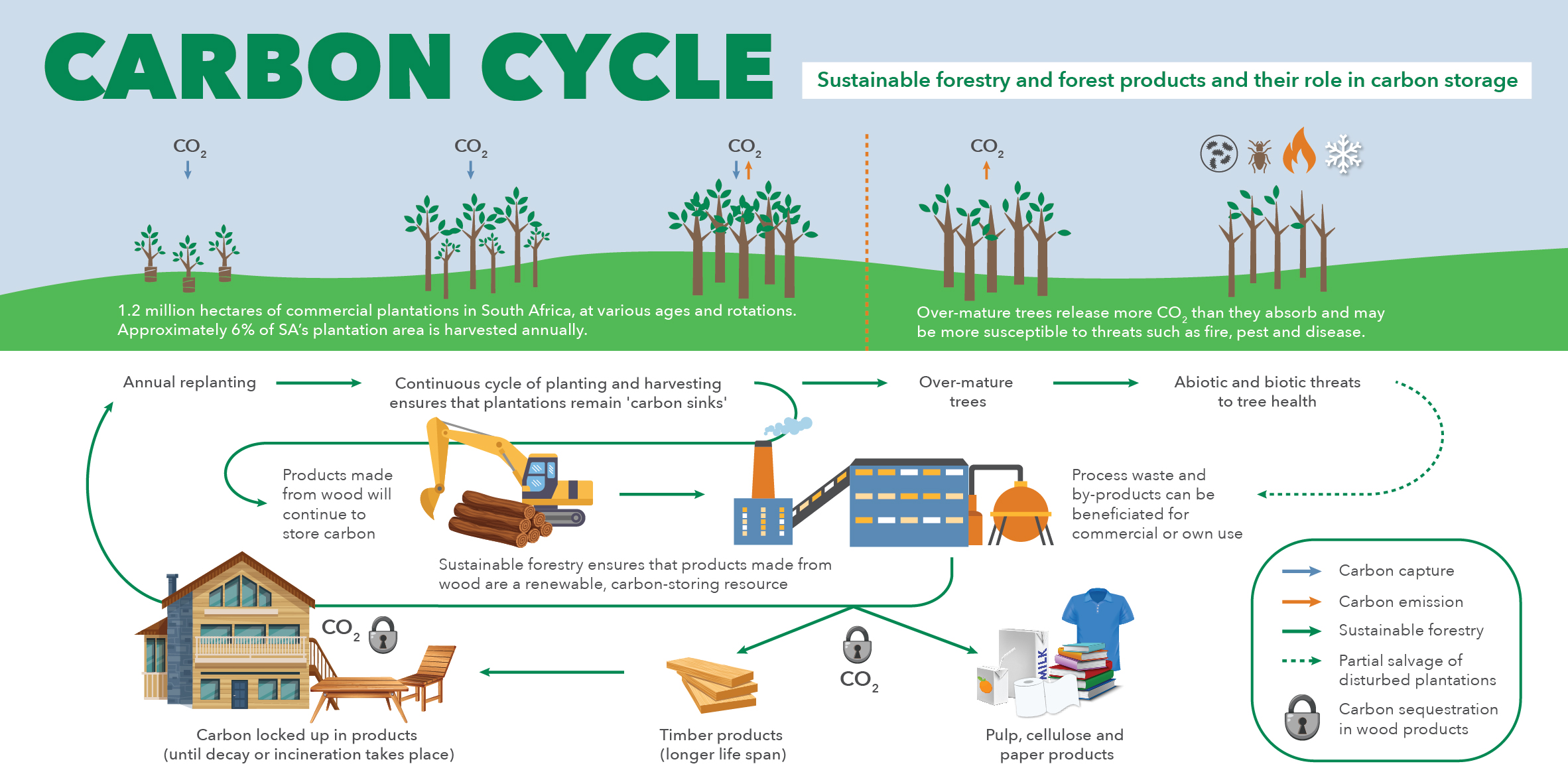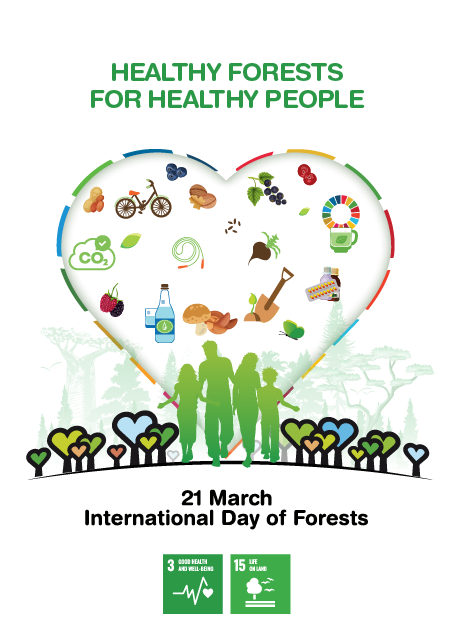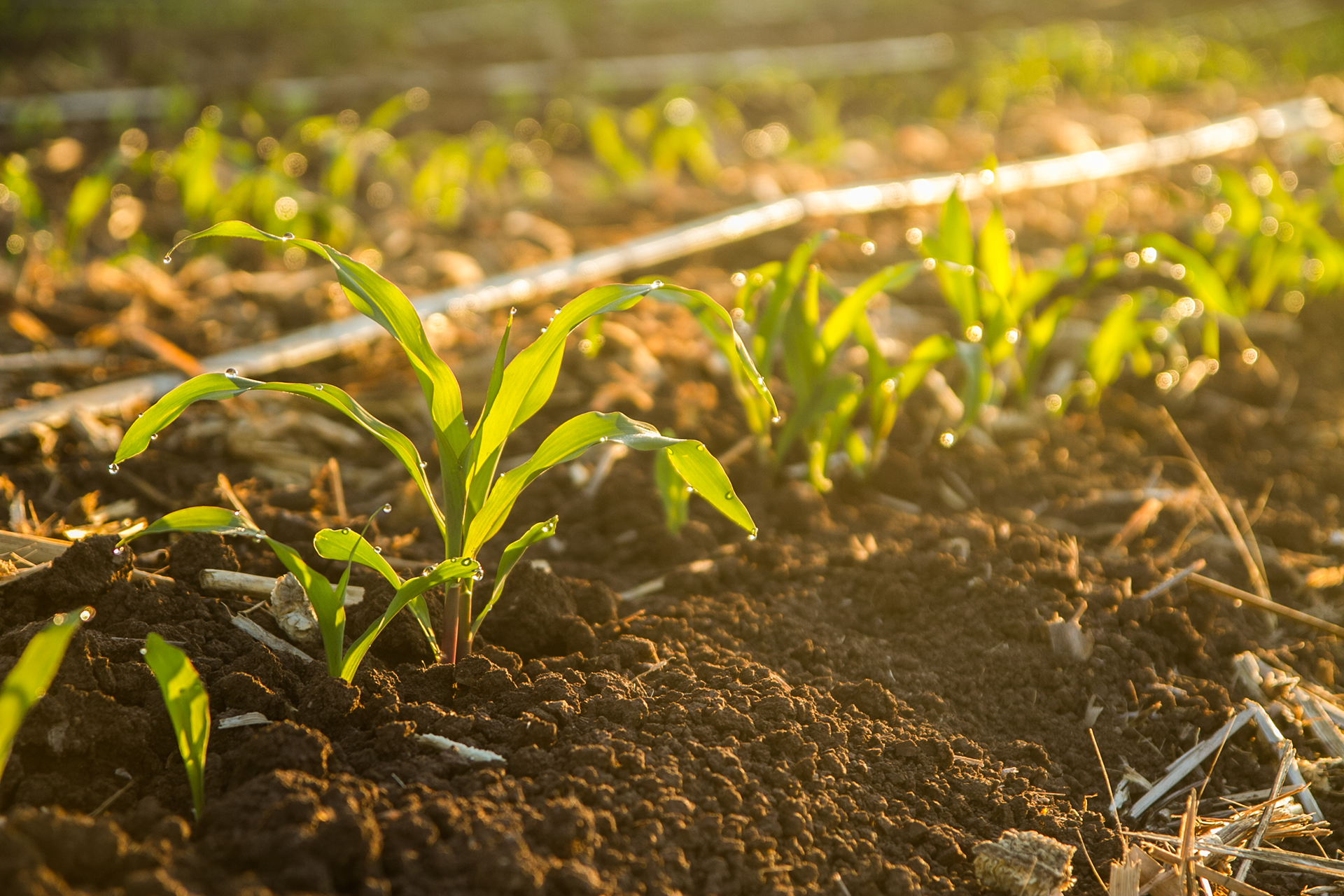As society looks for more planet-friendly ways to live, it is becoming increasingly clear that we will need to develop a more symbiotic relationship with our forests. According to the United Nations’ Food and Agricultural Organisation (FAO), forests cover 31% of the world’s land surface, store an estimated 296 gigatonnes of carbon and are home to most of the world’s terrestrial biodiversity. As we celebrate the International Day of Forests on March 21st, it is important to recognise the significance of these ecosystems and how maintaining their health can maintain humanity’s for generations to come.
Jane Molony, executive director of the Paper Manufacturers Association of South Africa (PAMSA), says, “Forests are critical to our survival in so many ways. They help regulate our climate, purify our air and water, and contribute to our overall well-being as sources of food and medicine.”
“Planted forests provide raw materials for various industries. This is why maintaining and keeping them healthy is nothing short of a matter of life and death.”
Harvesting and using more wood-based products is a good thing
There is a long-held notion that tree felling for paper production is “killing trees” or “deforestation”.
Molony explains, “This could not be further from the truth. Paper is not made from the wood of urban or natural forests. Our pulp and paper is made from farmed trees, and of course recycled paper. Just as various types of grain are farmed for food, paper is farmed for wood, pulp and paper products.”
“We have to emphasise the replanting aspect of commercial plantations,” she says.
In South Africa, less than 10% of the total number of plantation trees are harvested each year. This area is then replanted with new saplings. Responsible harvesting is an important part of maintaining healthy forests and sustainable supply for future generations.
More than just a set of lungs

Forests are resources of global significance; in fact they cover 31 percent of the Earth’s land surface (4.06 billion ha) but the area is shrinking, with 420 million ha of forest lost through deforestation between 1990 and 2020.
However, planted forests cover 294 million ha (7 percent of the global forest area), with the area increasing by a rate of just under 1 percent per year in 2015–2020, down from 1.4 percent per year in 2010–2015.
As a tree-poor country, South Africa relies on the 1.2 million hectares of planted forests to supply its fibre, timber and fuel needs. Only half a million hectares of the country’s land cover comprises naturally growing trees and woodlands.
Sustainable forest management can play a significant role in mitigating climate change. Trees, and other plants, absorb and store carbon dioxide (carbon sequestration), which helps reduce the amount of greenhouse gases in the atmosphere.
This carbon storage is maintained even when trees are harvested. Wood products – including pulp and paper – become a pool of stored carbon. Long-life wood products demonstrate unmatched carbon storage and emissions reduction potential.
By using more wood-based products replace carbon-intensive materials, we create demand. When we plant more trees to meet this demand, we improve supply.
The goal of limiting warming to 1.5°C will require the use of more timber in construction, more wood-based fibre in packaging, and more cellulose in products, from biofuels to clothing to car parts and pharmaceuticals.
This in turn supports greener economic recovery and a bio-centric circular economy, with responsible forest management contributing significantly to job creation and socio-economic development.
“In South Africa, the forest industry supports well over half a million people and globally forest sector supports jobs for at least 33 million people. Forest products are also used by billions of people every single day. In short, forests are an integral part of our daily lives,” says Molony.
Healthy forests = healthy people
Studies have shown that spending time in forests can reduce stress, improve mood, and boost immune function. Forests provide us with breathable air, clean water to drink, and the plants that grow in forests are often used for medicine. By protecting and maintaining healthy forests, we are also protecting our own health and well-being.
Molony concludes, “As we celebrate International Day of the Forests, we must remember that protecting our trees of various kinds is vital – not only for our cities but also for industry and everyday life. Forest products are very much part of everything we do and that’s a good thing, especially for our climate and the vision for a low carbon world.”
Source: Paper Manufacturers Association of South Africa









